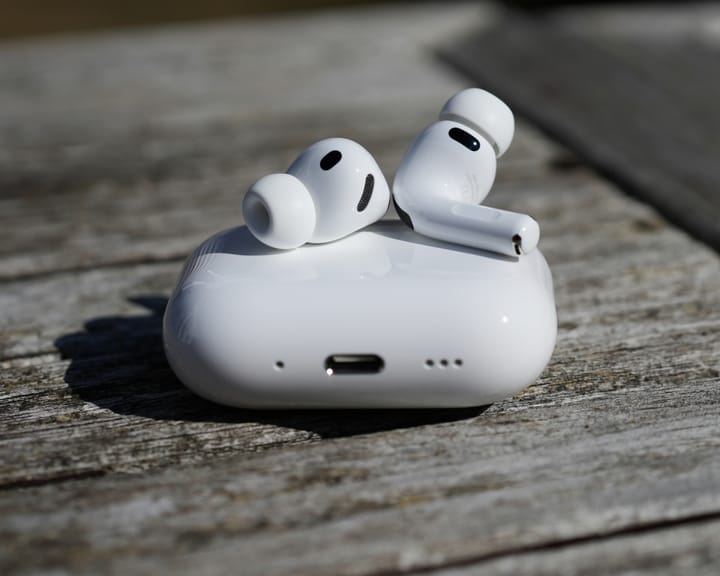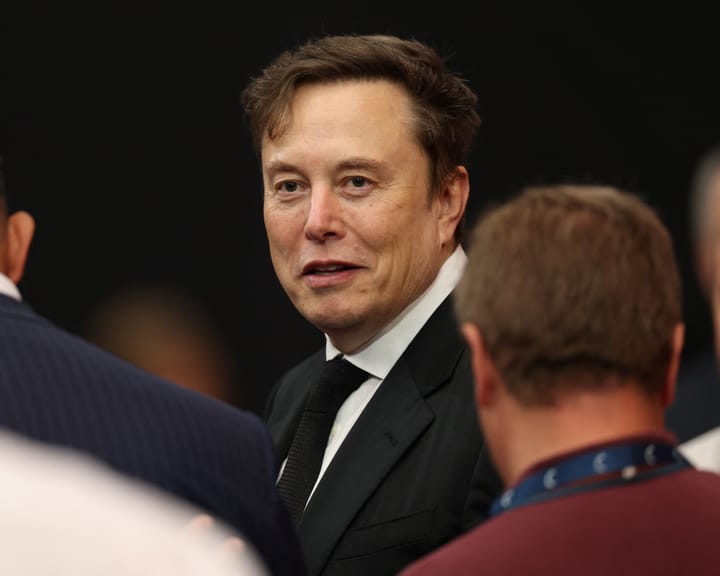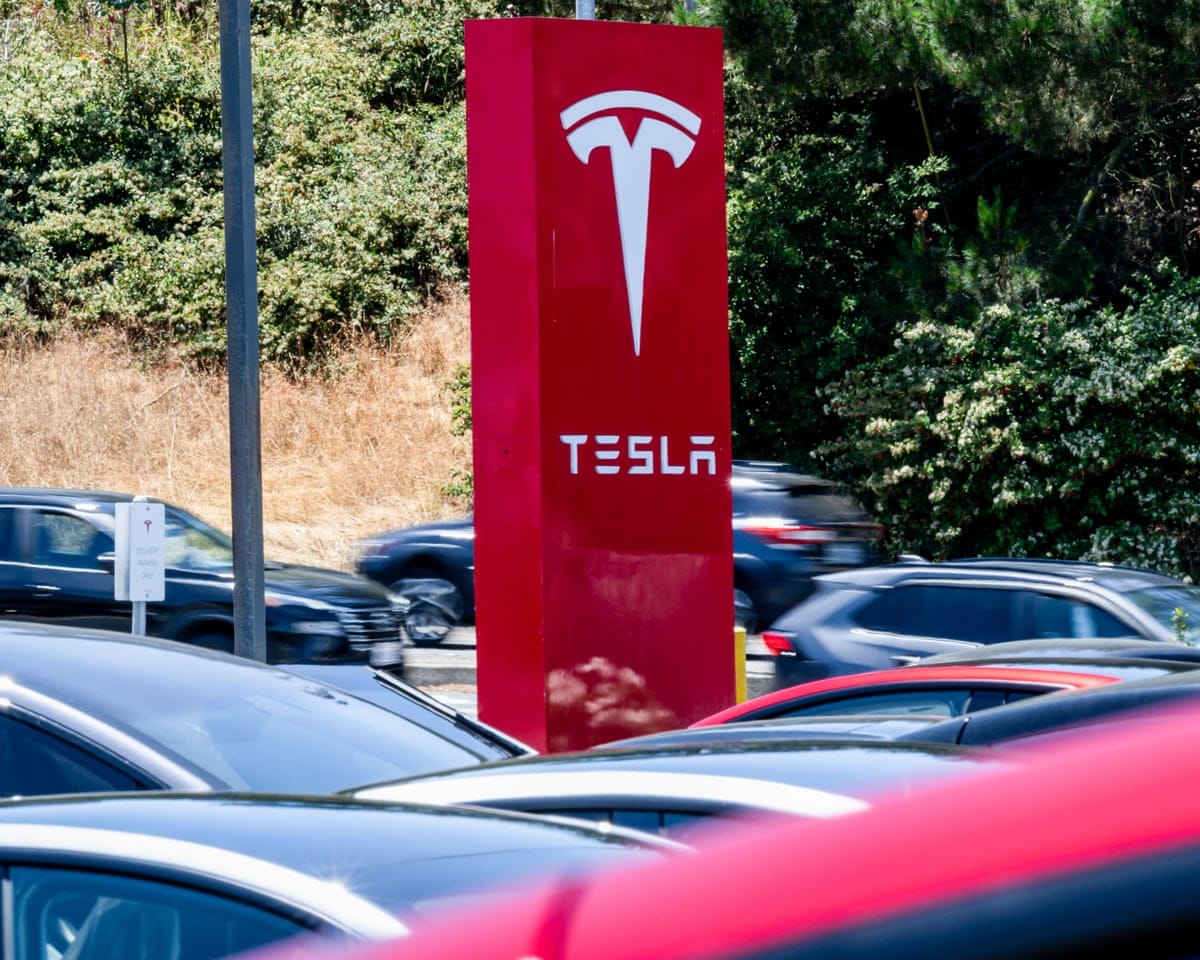Tesla reported another significant decline in quarterly deliveries on Wednesday, signaling a second consecutive year of falling sales as demand weakens amid criticism over CEO Elon Musk’s political views and an outdated product range.
The company stated it delivered 384,122 vehicles in the second quarter, a 13.5% drop from the 443,956 units sold a year earlier. Analysts had anticipated approximately 394,378 deliveries, according to a consensus of 23 estimates from financial research firm Visible Alpha, though some projections dropped as low as 360,080 units based on assessments from 10 analysts over the past month. Deliveries serve as a key indicator for measuring sales and production performance.
“Investors are responding to the fact that deliveries were not as weak as feared, especially after several analysts lowered their forecasts recently,” noted Seth Goldstein, senior equity analyst at Morningstar.
Tesla’s stock has fallen 25% this year due to concerns about brand erosion in Europe, where sales have declined most sharply, and in the U.S., where Musk’s alignment with conservative politics and his involvement in the Trump administration’s austerity policies have drawn criticism. In early June, when Musk publicly distanced himself from Trump, Tesla lost around $150 billion in market value. While shares have partially rebounded since then, renewed tensions between Musk and Trump over tax policies have weighed on sentiment.
The drop in Tesla’s sales contrasts with the global expansion of the electric vehicle market, despite Musk’s claim in April that demand had improved.
Earlier this year, Tesla updated its popular Model Y crossover to attract buyers, but the overhaul led to production delays and caused some customers to postpone purchases until the new version became available.
Tesla’s main revenue and earnings still come from its core electric vehicle operations, and much of its high valuation depends on Musk’s ambitious plan to transform its cars into self-driving taxis.
Last month, the company introduced a limited robotaxi service in certain areas of Austin, Texas, available only to a small group of invitees and restricted by various conditions, including the presence of a safety supervisor in the front seat. The trial was modest, involving only about a dozen vehicles. The U.S. National Highway and Traffic Safety Administration has since launched an inquiry into the rollout of the autonomous service.
Tesla had previously announced plans to begin producing a more affordable vehicle, likely a simplified version of the Model Y, by the end of June.
While a lower-priced model could support sales, analysts predict Tesla will see another year of declining annual sales. To meet Musk’s goal of returning to growth in 2024, the company would need to deliver over one million vehicles in the second half—a record and difficult feat, even with the usual seasonal uptick in demand.
Read next

"AirPods Pro 3 reviewed: Upgraded battery, superior noise cancellation, top-tier performance"
Apple’s widely used AirPods Pro wireless earbuds have returned for their third iteration, offering improvements in comfort, battery performance, integrated heart rate tracking, and enhanced noise cancellation. The new model appears poised to be as prevalent as earlier versions.
Three years have passed since the previous release, yet the

"Peter Thiel's secret talks on antichrist shed more light on him than doomsday"
Peter Thiel’s Unusual Academic Pursuits
Peter Thiel is known for his skepticism toward academia. Yet, in four recent private lectures in San Francisco discussing the antichrist, the billionaire investor has made an unexpected case for intellectual credentials.
During these wide-ranging talks, Thiel appeared to channel the eclectic thinking he

"X resolves $128M severance dispute with former Twitter executives"
# Elon Musk and X Reach Settlement with Former Twitter Executives Over Severance Dispute
Elon Musk and X have resolved a legal dispute with four former high-ranking executives of Twitter, including the company’s ex-CEO, who alleged that the billionaire withheld $128 million in severance payments after acquiring the social media

